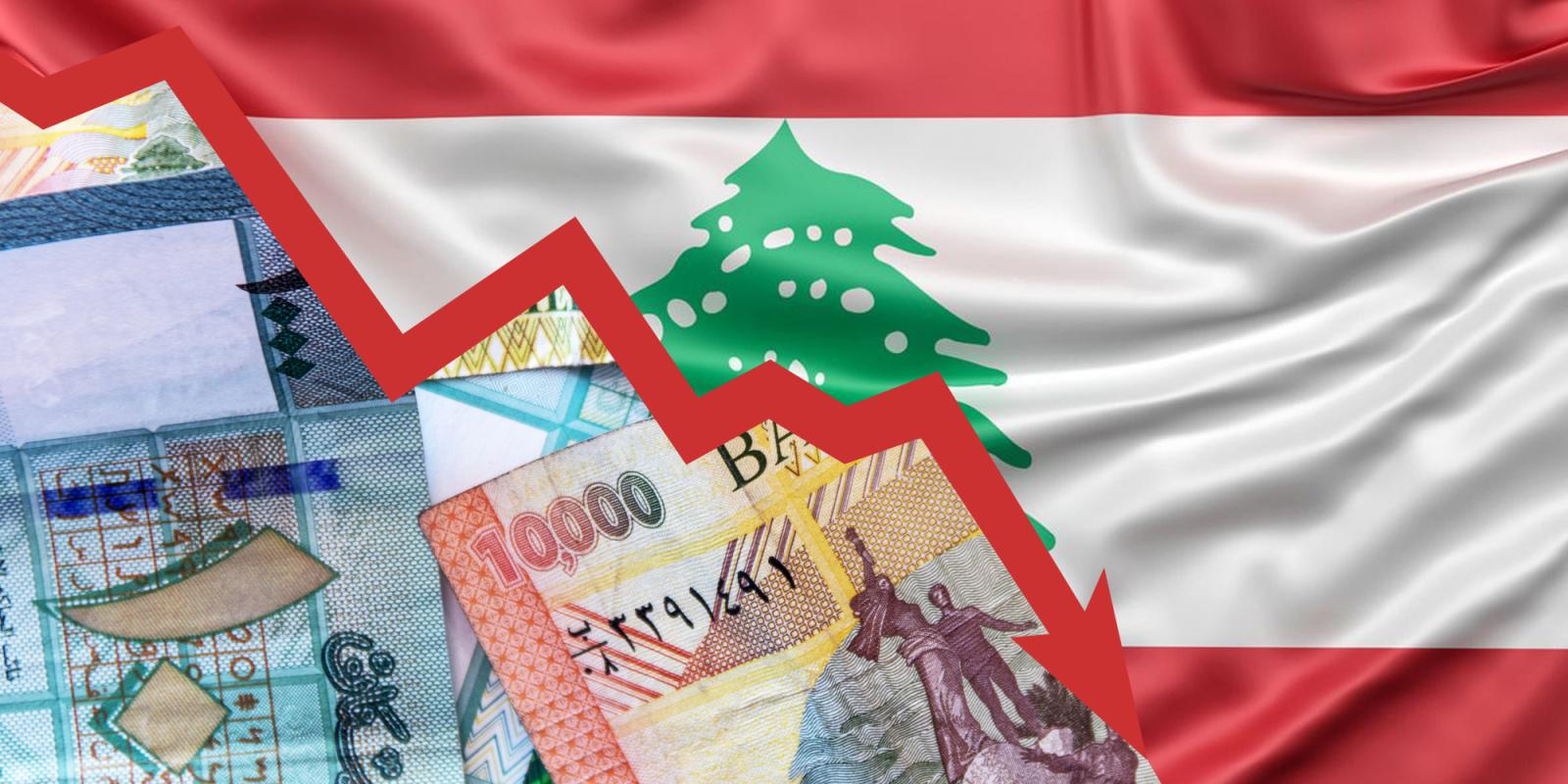
Corruption and Collapse: AUC’s Sarah El-Richani Explains Lebanon’s Financial Crisis
After a series of heists over the past few weeks, banks in Lebanon closed temporarily and heightened security. After reopening on Monday, they were stormed again.
Sarah El-Richani, assistant professor in the Department of Journalism and Mass Communication and author of The Lebanese Media: Anatomy of a System in Perpetual Crisis, explains what caused this financial collapse, how it is affecting the Lebanese people and what challenges the future holds.
How is the economic crisis affecting the average citizen in Lebanon?
The cost of living has increased dramatically with the inflation rate at more than 160%, while GDP has contracted by 40%. Poverty rates have risen exponentially; 80% of Lebanese are now living in poverty. Some medicines have disappeared off the shelves or have become prohibitively expensive, and fuel has also become quite expensive as subsidies have been lifted. People are living in desperate circumstances, with power blackouts stretching to 22 hours per day and water shortages.
Why are people robbing banks?
Deposits in the banks have all but evaporated. One can withdraw one’s hard-earned deposits at a huge loss in Lebanese liras, a currency which has lost more than 90% of its value.
The armed cash withdrawals that are being reported are therefore not robberies at all, but the actions of desperate countrymen and women who are withdrawing their own deposits to cover urgent medical treatment after they have exhausted all peaceful attempts at retrieving their deposits.
Yes, threatening bank staff and holding them against their will is a crime in its own right — but the money retrieved is theirs. Meanwhile, in the opening weeks of the crisis, the well-connected were able to transfer hundreds of millions in U.S. dollars with no questions asked.
What conditions led to this crisis?
The economic and financial crisis is a result of a confluence of factors, including rampant corruption and poor governance, a flawed economic system and the ongoing conflict in Syria. Today, the UNHCR estimates 1.5 million Syrian refugees are in Lebanon, among the largest number of refugees per capita.
Additionally, there is the regional power play between Saudi Arabia, the United States and Iran. Examples of this include U.S. sanctions on Hezbollah and Syria, Gulf anger at Hezbollah provocations leading to the drying up of foreign direct investments and the influx of affluent tourists from the Gulf. Rampant drug smuggling has also led to a ban on Lebanese exports into Saudi Arabia.
In your opinion, was this preventable?
Of course. If we had a wiser and less corrupt group of leaders, this could have been preventable or mitigated. Instead, we have a corrupt cartel of political-sectarian elites –– fromagistes –– (as former President Chehab referred to them) who have divided the spoils amongst themselves and further entrenched their positions at the expense of this small state and its people. Pity the nation indeed!
President Michel Aoun ’s term ends this month. What happens if there is no clear successor?
If a successor is not elected, there will be a vacuum. This won’t be the first time the position of the presidency has been left vacant. Before the election of the current president, the presidency was vacant for more than two years.
However, since the parliamentary elections in May 2022, the cabinet has become a caretaker cabinet1, and Aoun has already threatened that a caretaker council of ministers/cabinet is not constitutionally allowed to assume the role of the presidency. This means that Aoun may unconstitutionally stay in his position beyond the end of the term. The formation of a new government in the coming weeks will therefore be important to circumvent such a situation otherwise we are looking at a vacant presidency and affairs run by a caretaker government.
How do you think the situation will develop?
I am quite disillusioned and do not see a real breakthrough on the horizon.
The parliamentary elections held in May of this year managed to bring in a handful of new independents and did away with a small cackle of politicians, but the problems are systemic, and patching up alone will not resolve the problem of governance that beleaguers this country. In the words of the French revolutionaries in 1968, “Pas de replâtrage, la structure est pourrie.” (The structure is rotten, and patching up will not do) Even half-hearted attempts at patching up have stalled a potential deal with the IMF, which could jumpstart a slow recovery of the economy. For now, the powers that be resist the enactment of necessary reforms to ease painful circumstances.
What do you see as the way forward?
Essential reforms include addressing government spending, such as fixing the bloated public sector and reforming government enterprises like the Electricite du Liban, and restructuring the banking sector, which incurred huge losses currently being paid for by small depositors who have their deposits frozen or released at huge losses. The government also needs to begin battling corruption, passing budgets, unifying the currency rate and bolstering judicial independence (the investigation into the horrific Beirut Port blast which took more than 200 lives has all but ceased).
- Caretaker Cabinet: According to the Lebanese constitution, the cabinet is formed by the president and countersigned by the prime minister. The term for the previous cabinet ended in May 2022 and the government was considered resigned. Thus, the caretaker cabinet has been running all necessary functions but is not considered a formal cabinet, which President Aoun argues makes it ineligible to rule in a president’s stead. This, El-Richani states, may give him a pretext to stay beyond his tenure.
